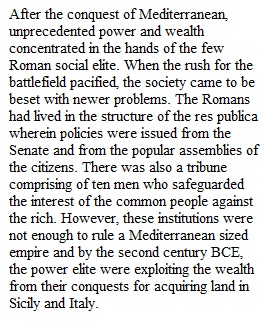


Q What factors led to the fall of the Republic and the rise of the Roman Empire under Caesar Augustus? How was he able to succeed in uniting Rome under one ruler where Julius Caesar failed? In reading the Two Views of Augustus' Reign, what alternating views of Augustus do we see? What do these contrasting sources tell us about his reign?Utilizing your textbook and video on Christianity, as Christianity first spread from Judea across the Mediterranean, what factors led this new, Universal religion to gain such an immense following from the 1st to the 4th centuries C.E.? Who were the major figures and what were the major events that contributed to the spread of Christianity?How did Christianity evolve from a sect within Judaism to its own religion?As Christianity gained acceptance across Rome after the Conversion of Constantine in 312 C.E., how did Christianity impact the Roman Empire, and how did the Roman Empire impact Christianity?In reading the primary source by Salvian, A Comparison Between the Lot of Those Within the Empire and Those who Lived Among the Barbarians, what were some issues Salvian believed were weakening the Roman Empire by 440 CE. Who were the "barbarians" and how are they described? What criticisms did Salvian level against Roman citizens, and what does the source tell us about changing values from the early days of the Roman Republic to the final days of the Roman Empire in the west?
View Related Questions